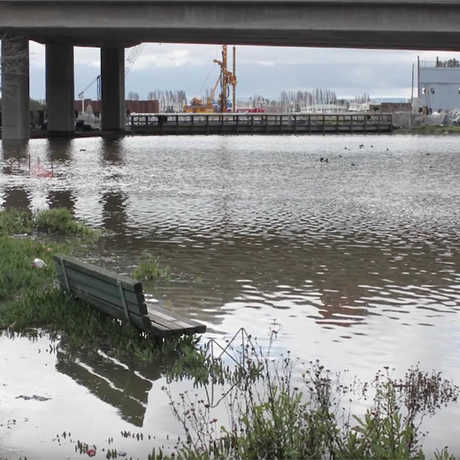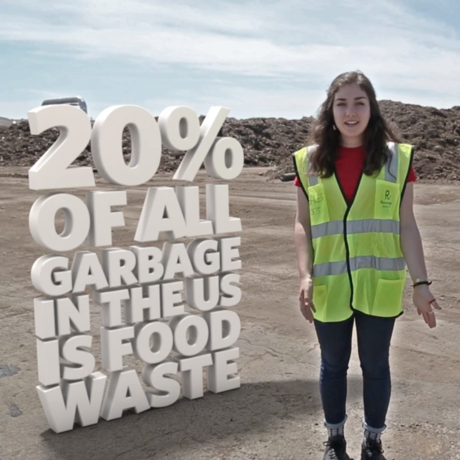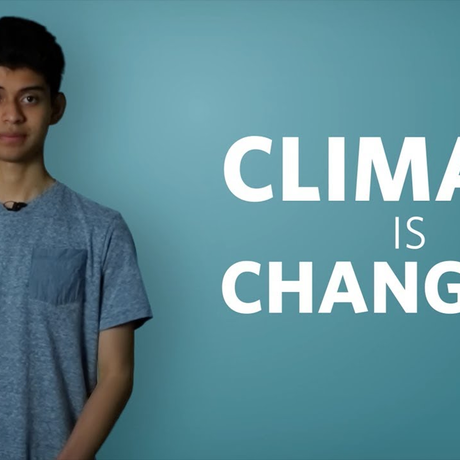Grade level: 6-10
Length: 6 minutes
Next Generation Science Standards: MS-ESS3-3. MS-ESS3-4, MS-LS2-5 (PEs); MS-ESS3.C, MS-ESS3.D, MS-LS2.A, MS-LS4.D (DCIs); Cause and Effect, Systems, Stability and Change (CCCs)
Ocean Literacy Principles: 5c, 5d, 5f, 6b, 6d, 6e, 6g
Video Discussion Questions
- How are human activities like burning coal, oil, and natural gas for energy affecting the environment, including the marine environment?
- What is coral bleaching, and what causes it?
- What is ocean acidification, and what causes it? What impacts does ocean acidification have on coral reefs?
- Do/How do coral reefs benefit people?
- What can we do to reduce our impact on coral reefs and other important ecosystems?
Download more discussion questions
Download student vocabulary



